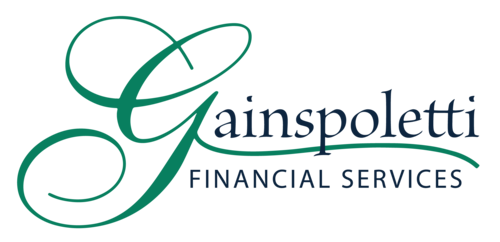Ladies, it’s time to take control of your legacy and secure your hard-earned assets and investments for your loved ones.
As a business owner, you’ve likely put your heart and soul into building your company, but have you thought about what will happen to your business when you’re no longer around? What about your assets, properties, and investments?
What is Estate Planning?
Estate planning is a crucial aspect of every successful business owner’s life, and it’s something that cannot be overlooked or delayed.
In this blog post, we’ll discuss the key elements of estate planning for women and how they can secure their legacy.
What are the Key Elements of Estate Planning?
Identifying Key Assets and Beneficiaries
One of the key elements of estate planning is identifying your key assets and beneficiaries. This involves taking an inventory of your assets, such as your business interests, properties, investments, and personal belongings.
Once you have identified your assets, you can determine who you want to inherit them.
Business Succession Planning
Business succession planning involves identifying a successor or successors who will take over your business when you retire, become incapacitated, or pass away.
Even if you don’t plan on retiring anytime soon, it’s important to have a plan in place. You never know when an unexpected illness or accident could strike. This will ensure that your business can continue to operate smoothly even when you’re not around.
Another option you can consider is to sell your business to a family member or employee, transfer ownership to a trust, or sell the business to a third party.
Tax Planning Strategies
Tax planning strategies are necessary for business owners who want to reduce the impact of taxes on their estate. There are several strategies that can be used for tax planning such as gifting, charitable giving, and establishing a trust.
Gifting is a simple tax planning strategy that involves giving away assets to your beneficiaries while you’re still alive. You can give up to a certain amount each year without incurring gift taxes.
Another tax planning strategy that can help reduce your tax liability is charitable giving. By donating to a charitable organization, you can receive a tax deduction while also supporting a good cause.
Establishing a trust is another tax planning strategy to consider. A trust can help minimize estate taxes and protect your assets from creditors.
Minimizing Probate and Estate Administration Costs
Probate is the legal process of distributing a person’s assets after they pass away. Probate can be time-consuming and expensive, and it’s best to avoid it whenever possible.
Start by establishing a living trust. A living trust is a legal document that allows you to transfer assets to a trust while you’re still alive. When you pass away, the assets in the trust are distributed to your beneficiaries without having to go through probate.
Another way to minimize probate costs is to ensure that your estate plan is up to date. This will ensure that your wishes are carried out and that your assets are distributed according to your wishes.
Protecting Business Interests and Intellectual Property
If you have a business, make sure that your interests are protected in the event of your death or incapacitation.
One way to protect your business interests is to establish a buy-sell agreement. A buy-sell agreement is a legal document that outlines what will happen to your business if you pass away or become incapacitated. This can help ensure that your business is transferred to the right people and that your beneficiaries receive a fair price for your business interests.
Aside from your business interests, protecting your intellectual property is also important. If you have patents, trademarks, or copyrights, make sure that they’re protected in your estate plan. You can transfer your intellectual property to a trust or to your beneficiaries directly.
Contact us to learn more about estate planning.
While we are familiar with the tax provisions of the issues presented herein, as Financial Advisors we are not qualified to render advice on tax or legal matters. Raymond James does not provide tax or legal advice. Please consult your own legal or tax professional for more detailed information on tax issues and advice as they relate to your specific situation.

